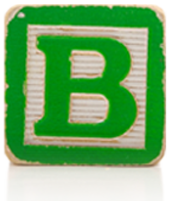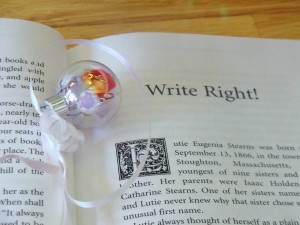 Typically written for new releases 30 days before publication date or up to 90 days afterwards, book reviews are 500-750 word essays which give other readers an idea of what the book is about so they can decide whether or not to read it.
Typically written for new releases 30 days before publication date or up to 90 days afterwards, book reviews are 500-750 word essays which give other readers an idea of what the book is about so they can decide whether or not to read it.
I blogged about the reasons to consider book reviews a couple of weeks ago. Here I provide suggestions on what to write in a review of someone else’s book.
What kind of book is it?
Who is the intended audience?
What is the purpose of the book?
These are three questions to ask yourself before you begin. Keep readers in mind. What do they need to know about this work to make an informed decision?
Points to note
What is the premise of the book? Give the reader enough information to know what it’s about and who would be interested. It’s not a summary of plot points or a synopsis of the argument as much as a product description.
What is meant by the title?
Are there features worthy of note? Are such things as pictures, maps, DVD, and lesson plans included? What is the cover design?
How is the book organized? How effective is the structure? Is it a page-turner or shelf-reference?
What does the book contribute to the marketplace of ideas?
What is the take-away?
What are two or three quotes from the book you identify as examples of the author’s voice and perspective?
Critic’s appraisal
A book review requires a critical assessment of the book’s strengths and weaknesses. Critical is not the same thing as negative. Evaluating a book in terms of whether it succeeds on its own terms is more important than whether you had a negative or positive emotional reaction. The critic considers readers and what they want to know in a review.
How is the argument set up? What support does the author give for the findings? Does the work fulfill its purpose? Are the conclusions warranted based on the evidence?
If memoir or fiction, consider the plotlines and emotional pacing. Who are the main characters and how do their motives drive the plot?
What themes or motifs stand out?
How does this book break new ground or add something new?
A critical review isn’t a negative evaluation. It is more than a thumbs up or thumbs down approach to describing literature. Considering your answers to these critical questions gives you the material to write a stronger review.
Learn about the author. You may find a bio on the inside flap jacket or on the author’s website. Find out what else the author has written. You may even contact the author with interview questions after you’ve finished reading the book. Readers connect with authors and like to know more than what’s on a book flap.
Ready to Write a Review?
Introduce the book’s genre, premise, purpose, and what you think will most interest readers. What worked well? How does this book compare to others the author has written or in this subject area/subgenre? Inform the readers of the contents of the book and evaluate the book on its own terms. Choose two or three main points to cover based on your notes and research. Include quotes from the manuscript or from the author’s answers to interview questions.
Mistakes to avoid in writing a review
- If you haven’t read the book, don’t promise an author or publicist you will write a review. Always agree to read the manuscript or book and then consider whether to review it. This saves you from the embarrassment of agreeing to write a review you don’t want to write.
- Writers read your reviews. The writer is part of your audience and it’s important to keep this in mind and be constructive in your criticisms.
- No spoilers. In a book review don’t give away the ending to a plotline.

I was hoping you’d get to doing this subject. Thank you so much. I feel much better about diving into this new activity now with the Swenson guide to reviewing books at my fingertips. Cheers!